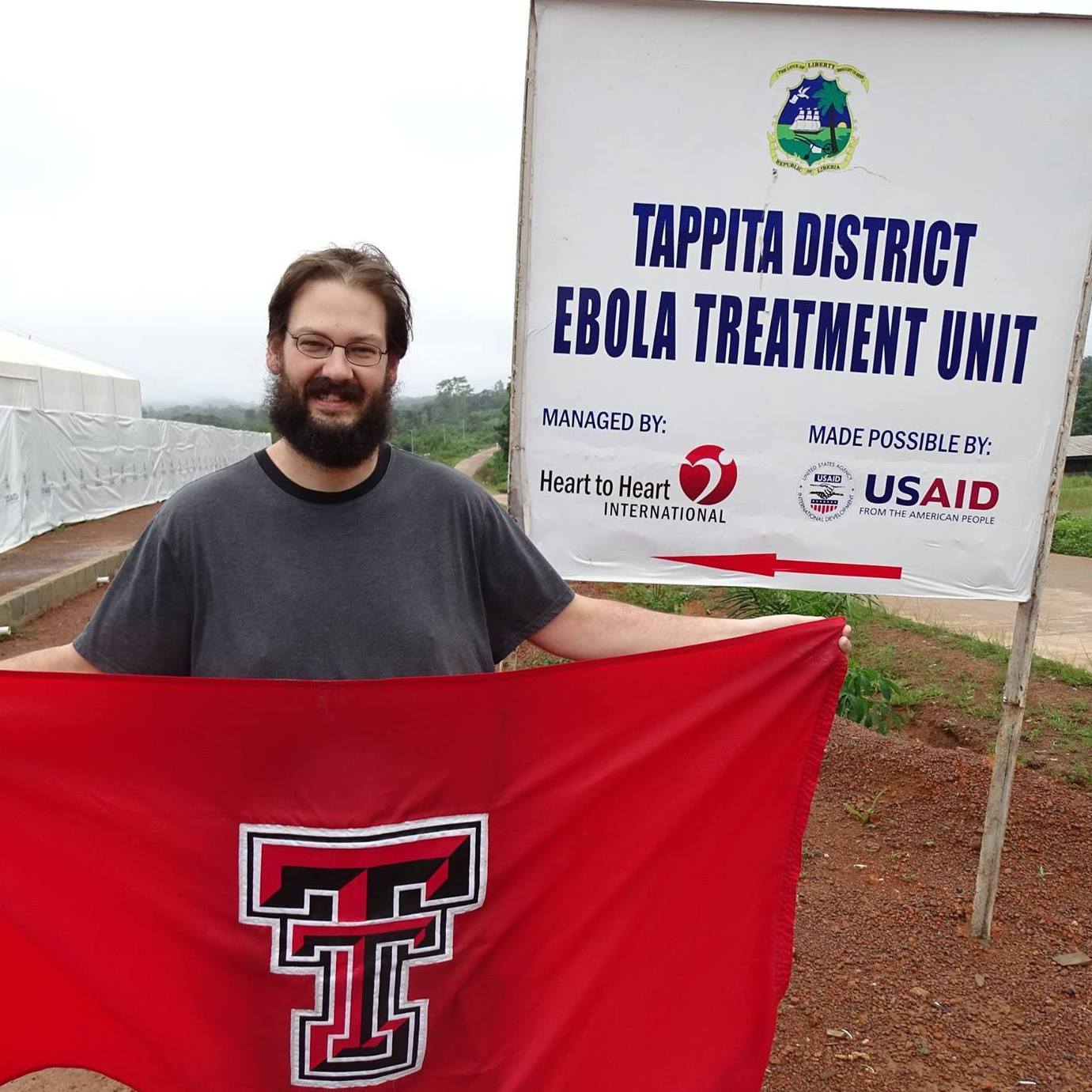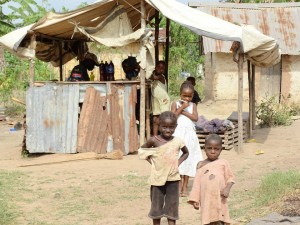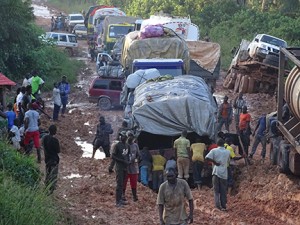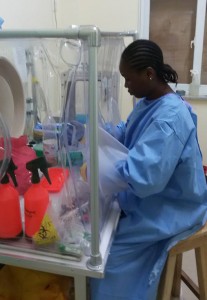 By Stephen White ('11, '10)
By Stephen White ('11, '10)
Most of us probably attended Texas Tech University Health Sciences Center to positively
impact those around us. Indeed, the mission of TTUHSC is “to improve the health of
people … .” I’ve had the privilege of supporting the Ebola outbreak response and recovery
in Liberia for the better part of 2015, thanks, in large part, to the foundation of
knowledge and experience gained through the TTUHSC. I want to encourage my fellow
and future alumni to consider global public health opportunities, as they can be very
rewarding, both personally and to those you are impacting.
I’ve had the privilege of supporting the Ebola outbreak response and recovery in
Liberia for the better part of 2015, thanks, in large part, to the foundation of knowledge
and experience gained through the TTUHSC. I want to encourage my fellow and future
alumni to consider global public health opportunities, as they can be very rewarding,
both personally and to those you are impacting.
Local children come out to greet Stephen White as he walks through Tappita.
The unpaved road from Ganta to Tappita turns into mud during the rainy season, sometimes
extending a 7-hour drive into a 12-hour ordeal.
When I arrived in Liberia last February, my mission was simple: set up an Ebola diagnostic
laboratory in the middle of Liberia. I would soon learn that nothing is simple in
Liberia, the sixth poorest country (by GDP) according to The World Bank. Basic infrastructure,
such as electricity, roads and facilities are at a premium, creating several challenges
to running a laboratory. On an average day, our laboratory loses power twice, for
an average of five to six hours each day. There is no established or reliable logistics
chain for laboratory supplies in the country. Our organization has partnered with
a large international company to provide reagents and consumables, but it is still
challenging to move those supplies from the capital city of Monrovia to the interior
of the country. This challenge is further complicated by poor road conditions in the
rainy season.![EVD Lab[1]](/alumni/_resources/images/2016/01/EVD-Lab1-300x225.jpg)
The Tappita laboratory staff has increased from one to nine full-time laboratorians
and two support personnel.
Liberian technician processes Ebola specimens in a glove box for downstream testing
using real-time PCR.
Another challenge to the work in Liberia is the skill set of the laboratorians with
which we work. The principles of genetics and molecular diagnostics are not readily
taught here. Indeed, the use of PCR as a diagnostic tool, which is ubiquitous in the
United States, was largely unknown here until the Ebola outbreak. Training goes beyond
simply learning a new procedure and involves teaching basic theory that most of us
learned in high school.
Fortunately, the laboratorians that I’ve worked with are some of the most dedicated
professionals I’ve encountered during my career. Of course, working with Ebola specimens
presents an inherent risk.The utmost care must be exercised when handling potentially
infectious specimens. Laboratory space is at a premium in Liberia, and the Ebola labs
either use enhanced PPE (Tyvek suits, respirators and double-gloving) or glove boxes
that completely isolate the specimen.![IMS Meeting[2]](/alumni/_resources/images/2016/01/IMS-Meeting2-300x225.jpg)
Weekly meetings for the Ebola laboratories are held at the Emergency Operations Center
at the Ministry of Health and Social Work and attended by stakeholders from various
organizations such as the CDC and WHO (L Bryan Gnade, front right).Working in a resource-limited
environment has been one of the biggest challenges I’ve ever encountered. At the same
time, it has exemplified the education and skills that I was taught at the TTUHSC;
it’s not always possible to Google an answer, look it up in a reference text, or even
call technical support. The Texas Tech University System can be proud knowing that
two of the four Ebola laboratories in Liberia are currently being operated by its
graduates. In addition to the laboratory that I maintain, LTC Bryan T. Gnade (TTU
Arts and Sciences ’99, '97) with the U.S. Army, has been the laboratory lead in Monrovia
for the past three months. Between our two labs, we probably test about 75 percent
of the country’s Ebola specimens, showing one of the many ways that the TTU System
is impacting the world globally.
Stephen White earned his master’s in Clinical Practice Management and his bachelor’s
in Clinical Laboratory Science through the School of Health Professions.
